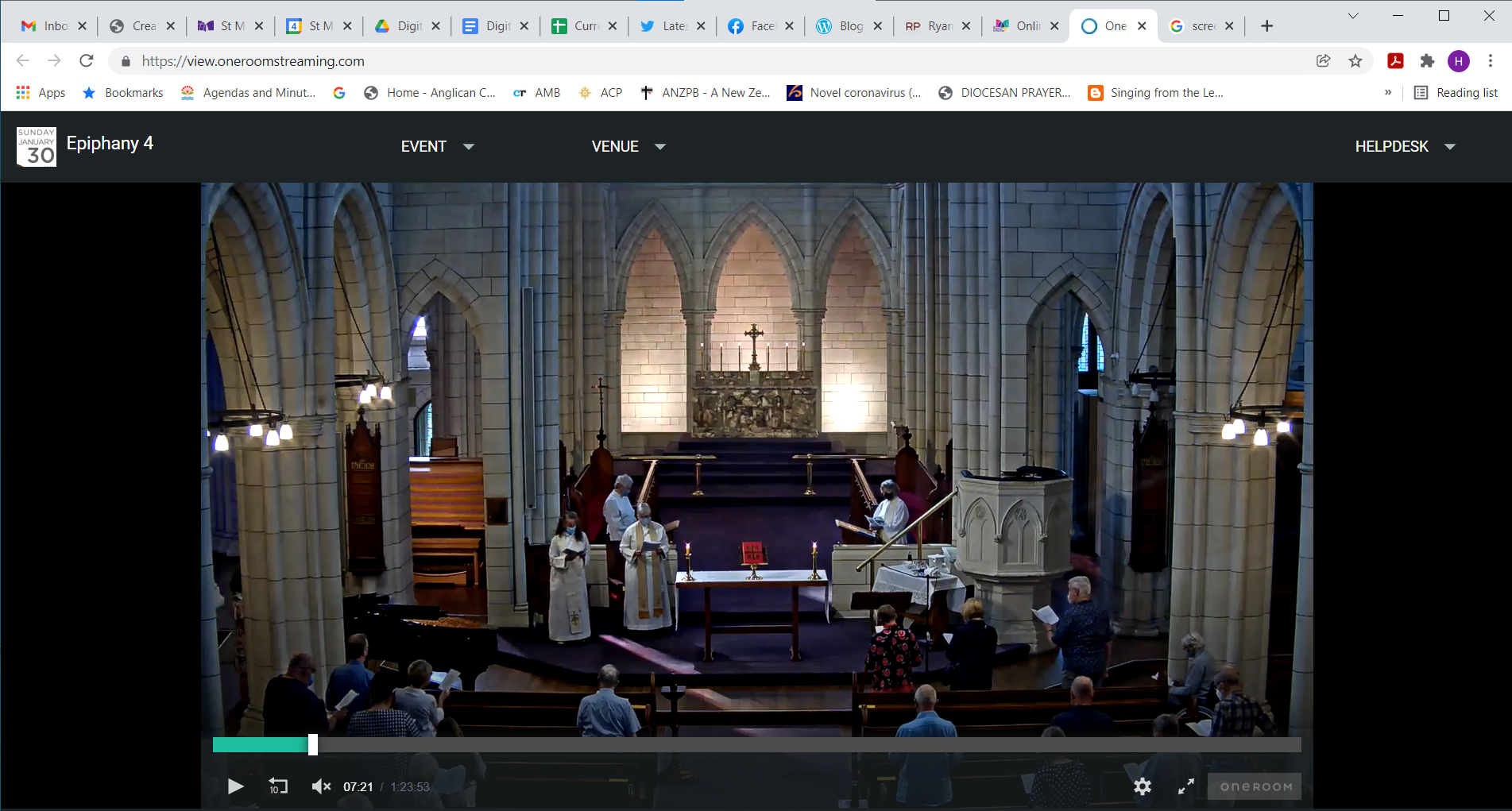
Home
Learning
Big questions
Helen Jacobi explores one of the big questions - why does a loving God allow suffering?

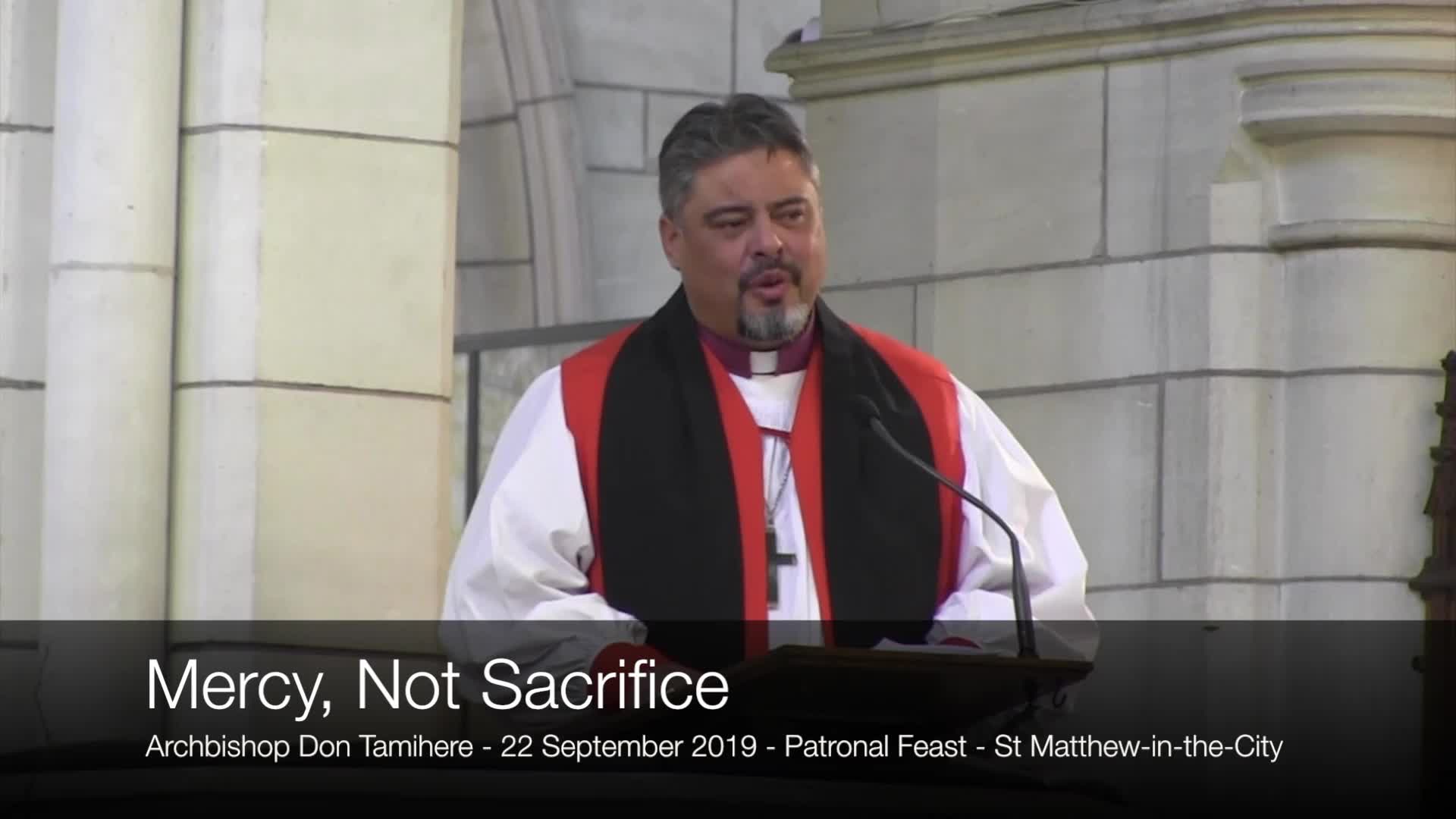
Mercy not sacrifice

Perfume

New Liturgical Robes for St Matthew-in-the-City

Good News
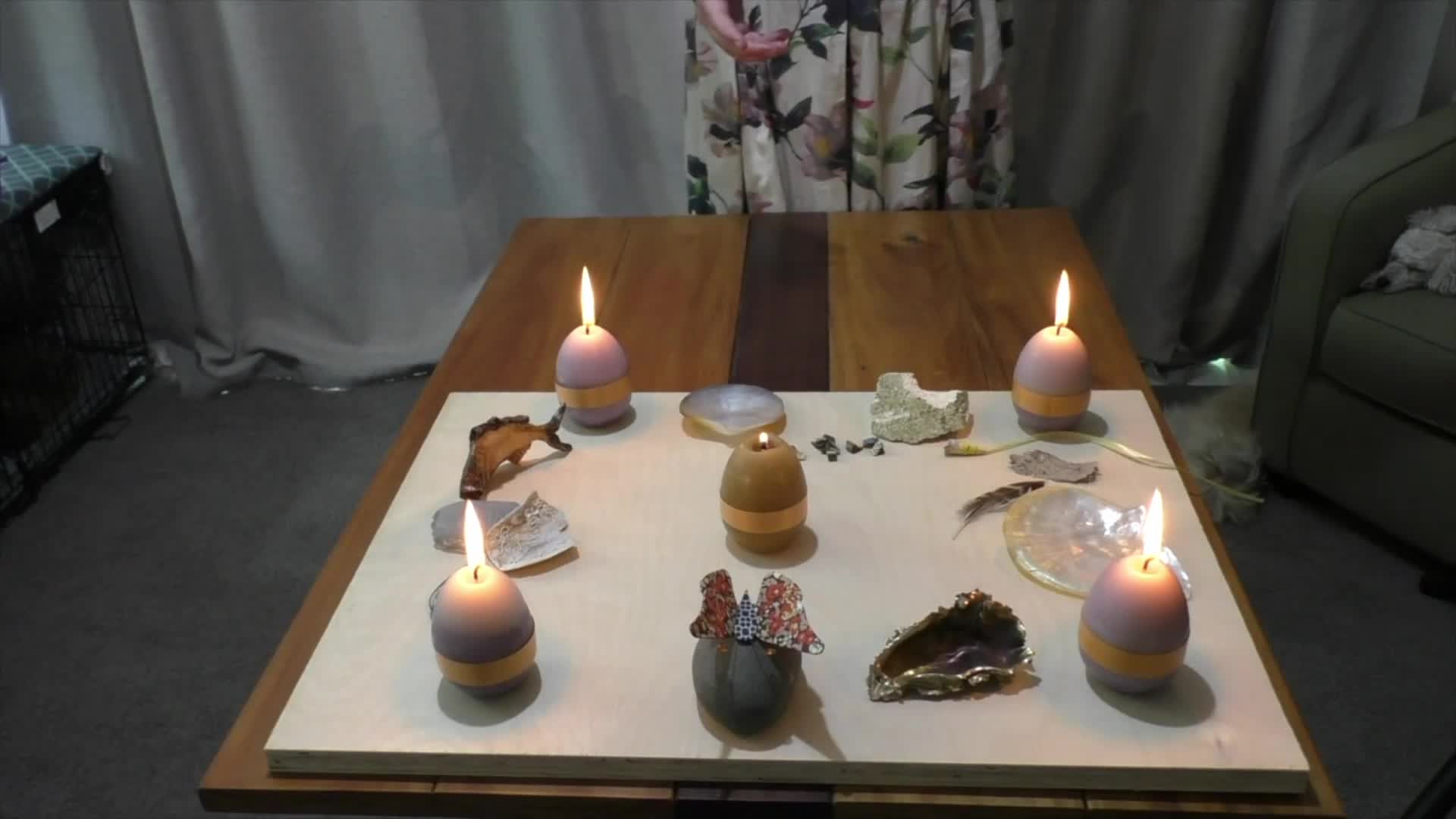
Advent wreath making
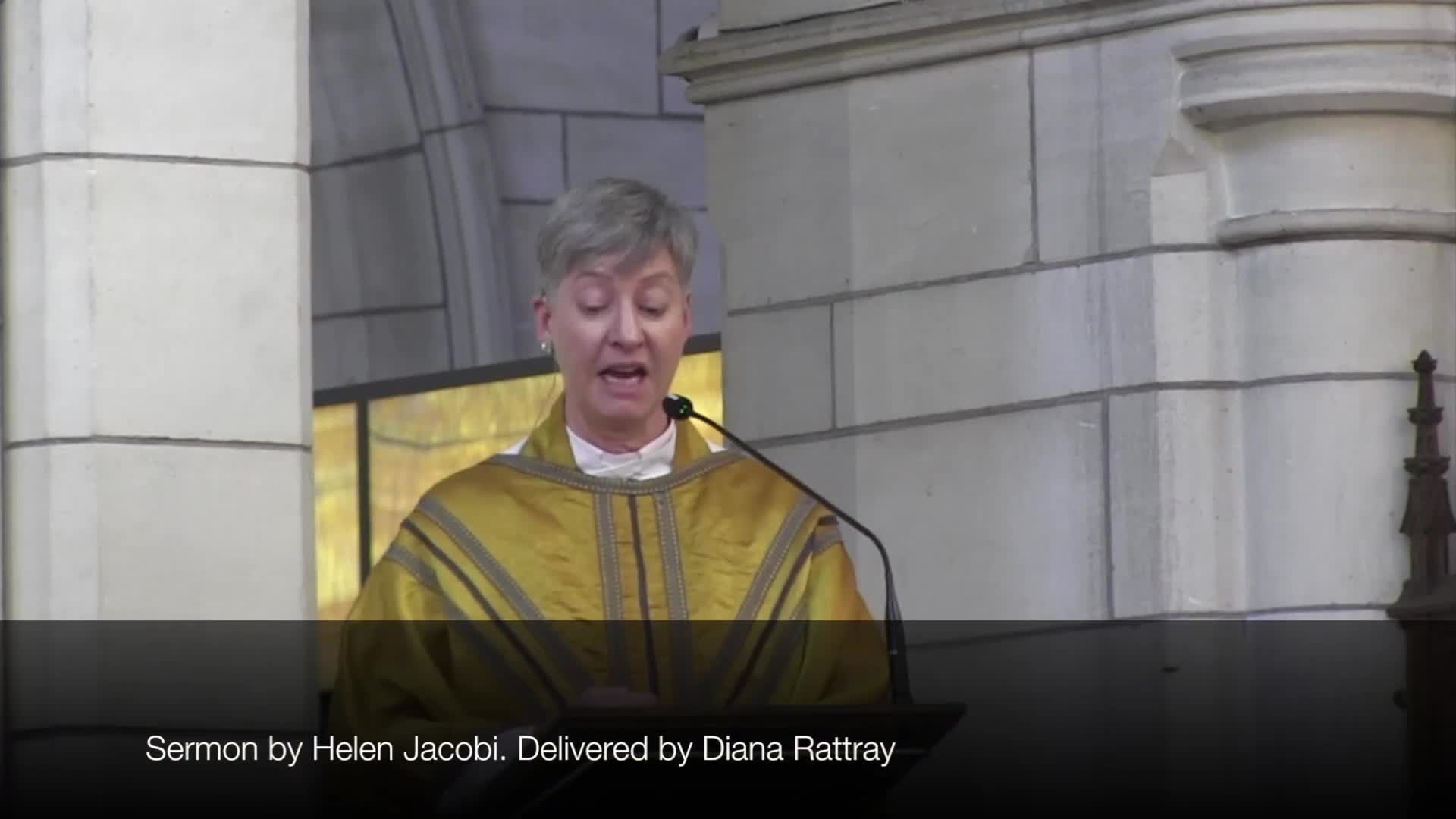
St Thomas and the Way

Media interviews
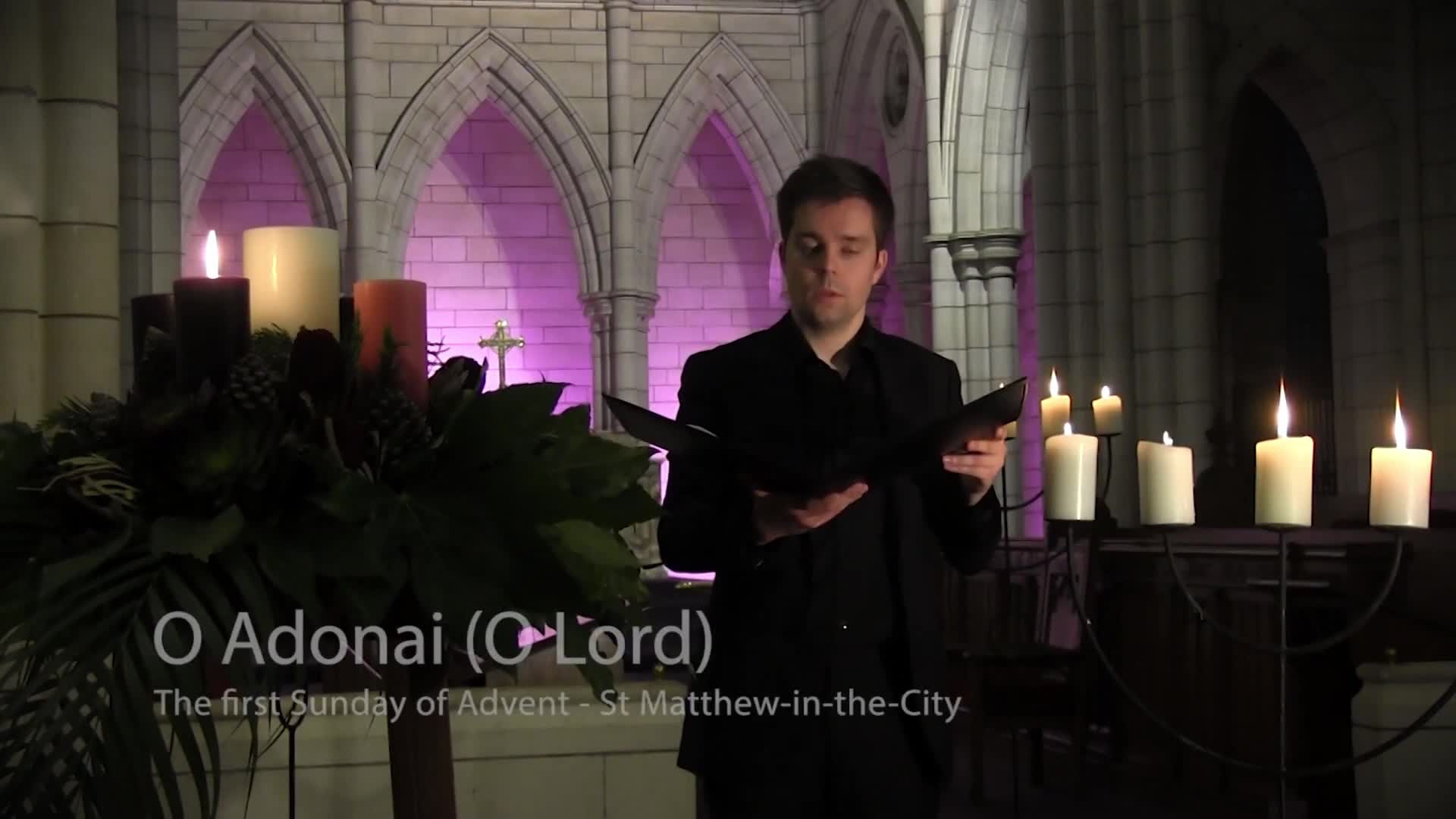
The Great O Antiphons: O Sapientia, O Adonai
